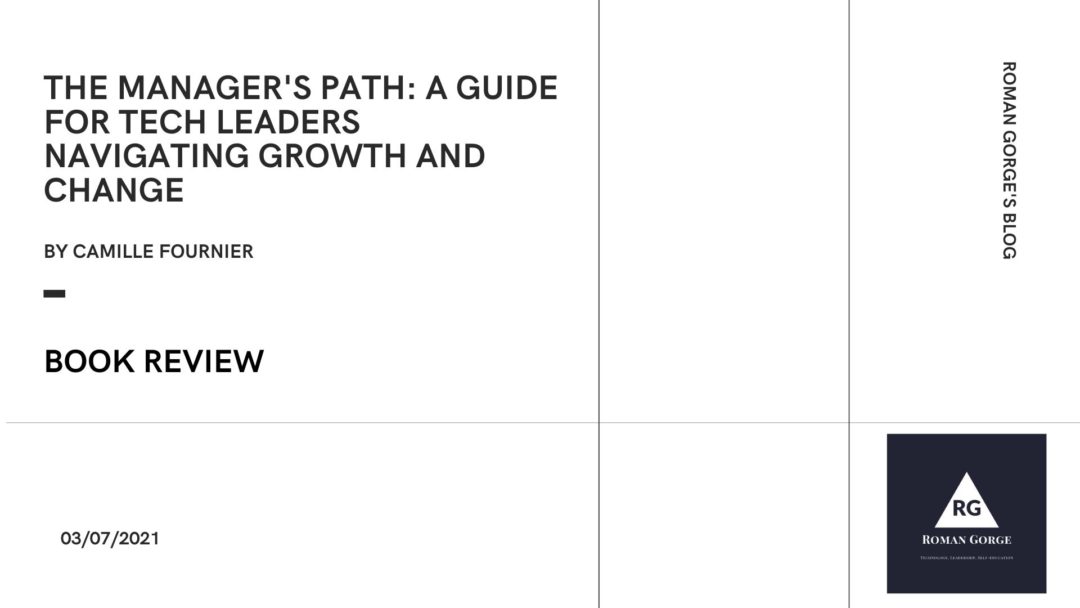There are 27 million Software Developers world wide according recent estimations. If we will take average span of control as 10, we will get roughly 2,5 million Engineering Managers. That is an impressive number. But who are those people?
While it is clear what a Software Developer should do well (write good quality code), it is not that straightforward what set of skills an Engineering Manager should have. Or how career path from a Developer to a Manager may look like in tech companies today. Of course, every mid- or large size organization has a blueprint that describe career ladder and number of job descriptions for Engineering organization. But it does not help a lot in practice.
The book outlines a path from Software Developer to a VP of Engineering/CTO in today’s IT world. It describes all intermediate states – Technical Lead, Engineering Manager, Manager of managers and etc in a very structured way. It starts from very basic fundamental knowledge and takes a reader to more complicated topics, like organizational culture, stakeholders management and etc.
If you are a manager today, this book most probably will not give you a lot of insights. But if you are in the beginning of your career and looking for a management position, it will be definitely useful. The book indeed gives a path that is almost the same in every enterprise that has an Engineering organization.
The author spends a lot of time explaining technical leads/senior engineer role in a team. IMHO, this role is underestimated in a lot of companies and the book has ready to implement guidelines.
Overall score – 4 out of 5. I can recommend this book to folks in the beginning of a career in Engineering organizations or Senior Engineers who would like to make a step to a management role.
Write in comments – how a good manager should look like?
Check out my other book reviews.
